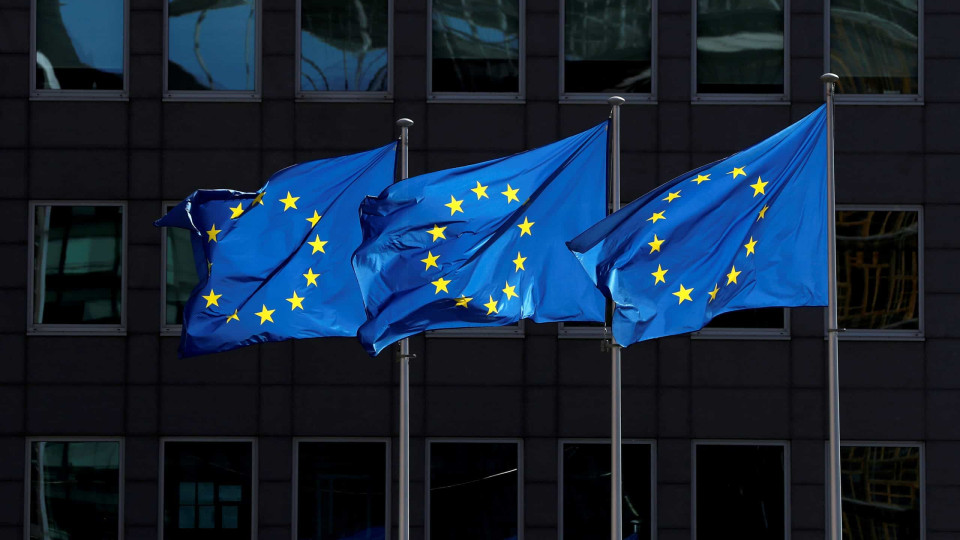EU bans four more Kremlin-linked Russian 'media' outlets
The European Union (EU) decided today to ban four Russian media outlets in the community area for participating in the "Kremlin [presidency] propaganda dissemination networks" and as part of the "restrictive measures" adopted following the Russian military invasion of Ukraine.

© Reuters

Mundo União Europeia
The digital portal Voice of Europe, the agency RIA Novosti and the newspapers Izvestia and Rossiiskaia Gazeta are the 'media' targeted by the measure adopted by the ambassadors of the 27 EU Member States.
The Czech Commissioner Vera Jourová indicated that the ban on Russian funding of 'media', non-governmental organisations (NGOs) and political parties within the Community area was also approved.
In March, the Czech intelligence services said they had dismantled a network funded by Moscow to intensify pro-Russian propaganda in Europe, targeting in particular the European Parliament ahead of the June European elections.
The group allegedly used the Prague-based news 'site' Voice of Europe to spread information aimed at deterring the EU and its Member States from sending aid to Ukraine.
In turn, the Belgian federal prosecutor has launched an investigation into suspected corruption of MEPs after identifying a "network of influence" funded by Moscow and with alleged links to the 'site' Voice of Europe.
In the past, the European bloc had already banned the broadcasting of several Russian 'media' in its territory, including the channel Russia Today or the agency Sputnik, accusing Moscow at the time of using these media "to propagate its propaganda and conduct disinformation campaigns, including those related to its military aggression against Ukraine", according to the EU's official 'online' page.
This ban covers all means of transmission and distribution from or to EU countries, whether by cable, satellite, Internet or even platforms and applications on mobile phones.
The European bloc clarified that these 'media' and their journalists are "authorised to work in the EU", as long as they do not broadcast their productions or articles, adding that Russian media personalities have also been sanctioned in the past.
These sanctions are part of the 14th package of sanctions against Russia that the EU intends to approve by the end of May, although it intends to approve the measure against the selected Russian 'media' formally and by written procedure as early as next Friday.
Read Also: Who is Robert Fico, the most influential and controversial politician in Slovakia (Portuguese version)


Descarregue a nossa App gratuita.
Oitavo ano consecutivo Escolha do Consumidor para Imprensa Online e eleito o produto do ano 2024.
* Estudo da e Netsonda, nov. e dez. 2023 produtodoano- pt.com



